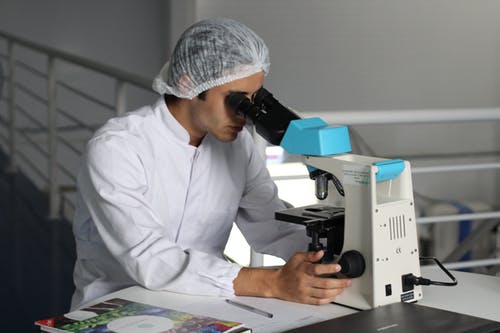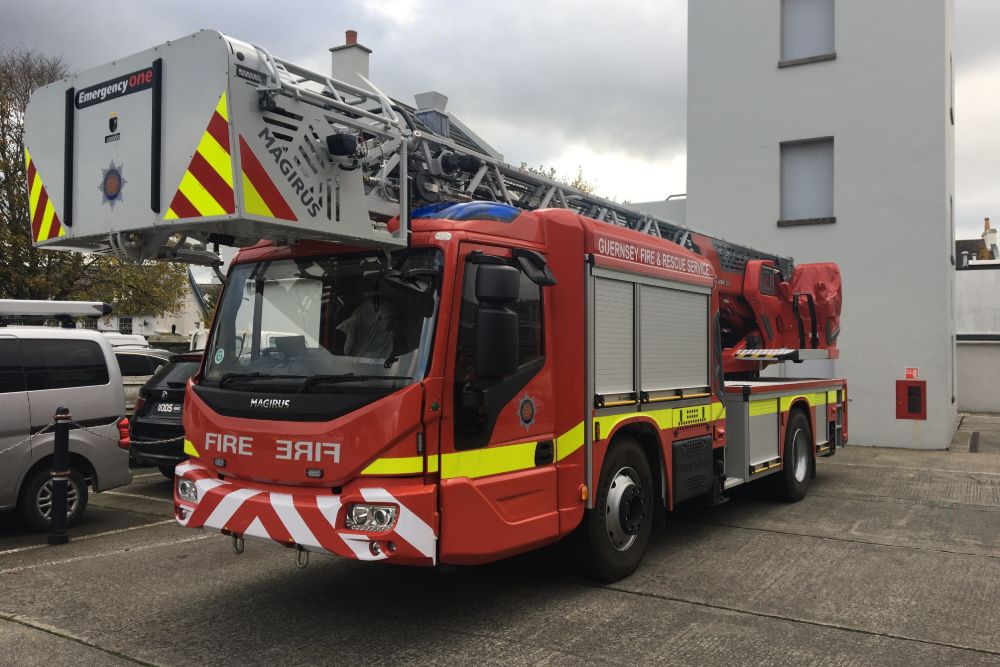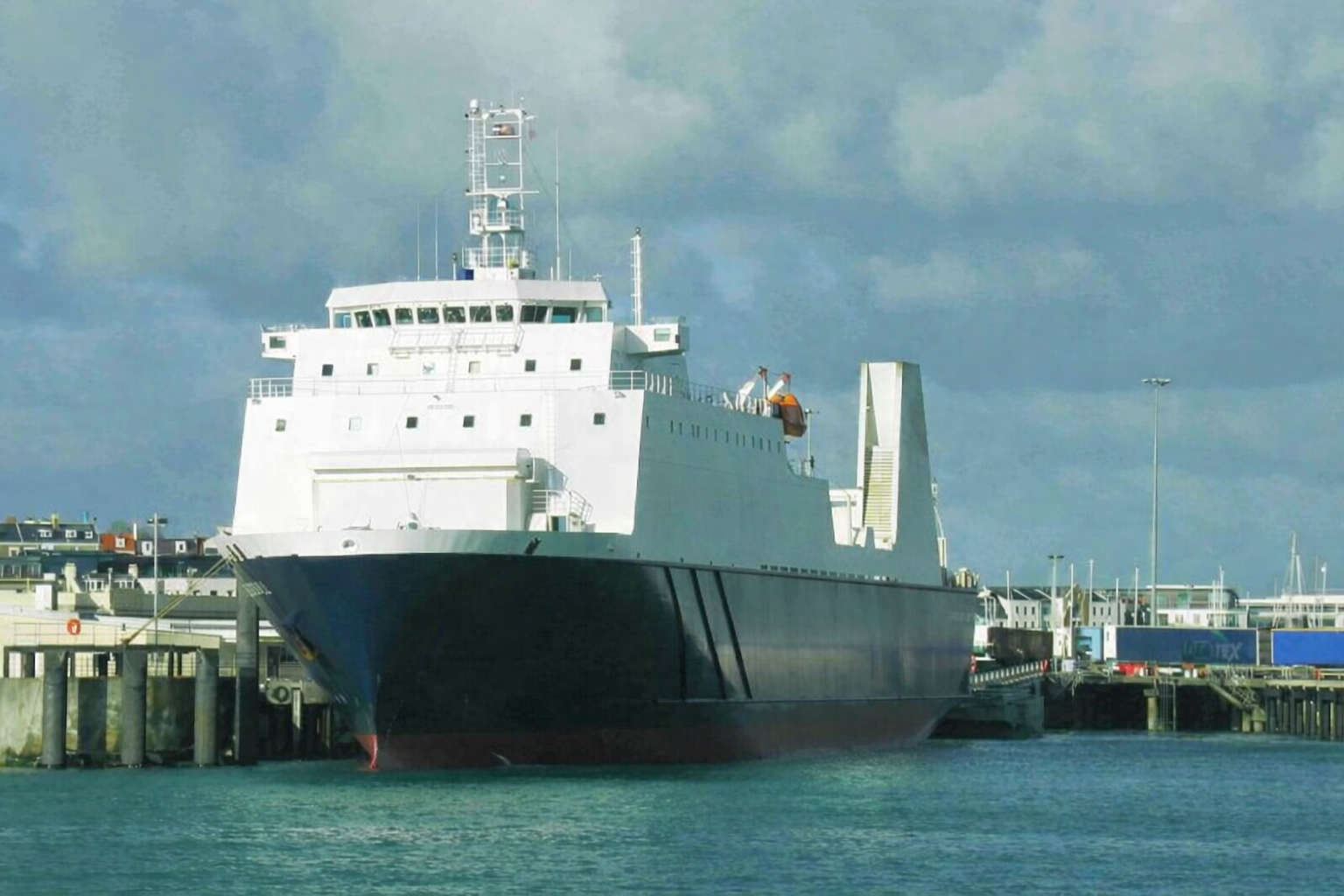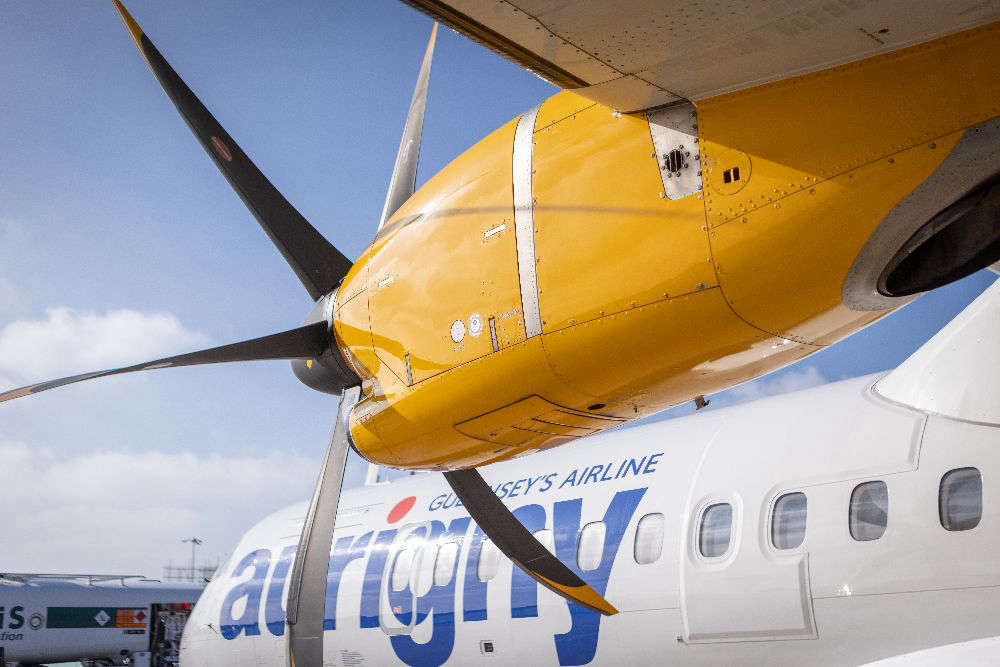
Guernsey's Health Services are reviewing the situation on a daily basis and will provide further briefings as the situation develops
Chinese authorities have restricted public transport to Wuhan City in a bid to limit transmission outside of the city.
Some countries have implemented screening in airports and other international departure points. From today, the 22 January 2020, there will enhanced monitoring of all direct flights from Wuhan to the UK. The enhanced monitoring package includes a number of measures that will help to provide advice to travellers if they feel unwell.
Public Health will be monitoring the situation closely to ascertain if any change in policy is required but will not, at this time, be
introducing any screening locally at our ports. However, this will be reassessed as new information becomes available.
On 31st December 2019, the World Health Organization (WHO) was informed of a cluster of cases of pneumonia of unknown cause detected in Wuhan City, Hubei Province in China. Early in January 2020 it was announced that a novel coronavirus had been identified, linked to a Seafood Wholesale Market in Wuhan City.
As of 0100 GMT 23rd January 2020, 571 cases have been reported, the majority from mainland China. Most but not all of reported cases had been or are in Wuhan, Hubei province. 95 cases are severe, and 17 deaths have been reported. To date, 15 healthcare
workers are reported to have been infected.
A small number of cases have been diagnosed in travelers from Wuhan in Thailand (4 cases), Japan (1 case), the Republic of Korea (1 case) and Taiwan (1 case), Hong Kong (2 cases), Macau (2 case), United States of America (1 case). The situation is evolving rapidly and this information will change in hours and days.
Coronaviruses are a large family of viruses with some causing less-severe disease, such as the common cold, and others causing more severe disease such as Middle East respiratory syndrome (MERS), which caused an outbreak in 2012 and Severe Acute Respiratory Syndrome (SARS) coronaviruses, which also caused an outbreak back in 2002. The novel virus associated with events in Wuhan has provisionally been called 2019-nCoV or WN-nCoV.
Although evidence is still emerging, information to date indicates human-to-human transmission is occurring in close contacts of infected patients and healthcare workers. The routes of transmission or incubation period are not fully clear yet, however, other coronaviruses are mainly transmitted by large respiratory droplets and direct or indirect contact with infected secretions. In addition to respiratory secretions, other coronaviruses have been detected in blood, faeces and urine.
In November 2019, Public Health Services, on behalf of the Committee for Health & Social Care, led a successful and well received exercise of the Channel Islands Strategic Pandemic Influenza Plan, bringing together multiple agencies to test the islands response to an influenza virus pandemic. Many of these principles are directly applicable to a novel respiratory virus infection. As a result of this the Bailiwick is in a good position to respond to the developing 2019-nCoV situation.


 First Michelin star awarded in Guernsey in more than a decade
First Michelin star awarded in Guernsey in more than a decade
 Guernsey Fire & Rescue Service needs "investment and modernisation"
Guernsey Fire & Rescue Service needs "investment and modernisation"
 Engine room fire onboard DFDS freight ship
Engine room fire onboard DFDS freight ship
 Gannets return to Alderney
Gannets return to Alderney
 Burglaries at Guernsey pharmacy and garage
Burglaries at Guernsey pharmacy and garage
 Kids fly free between Guernsey and Jersey this half-term
Kids fly free between Guernsey and Jersey this half-term
 Guernsey Water to take over cesspit collections from States Works
Guernsey Water to take over cesspit collections from States Works
 Guernsey Literary Festival to host most events ever
Guernsey Literary Festival to host most events ever




